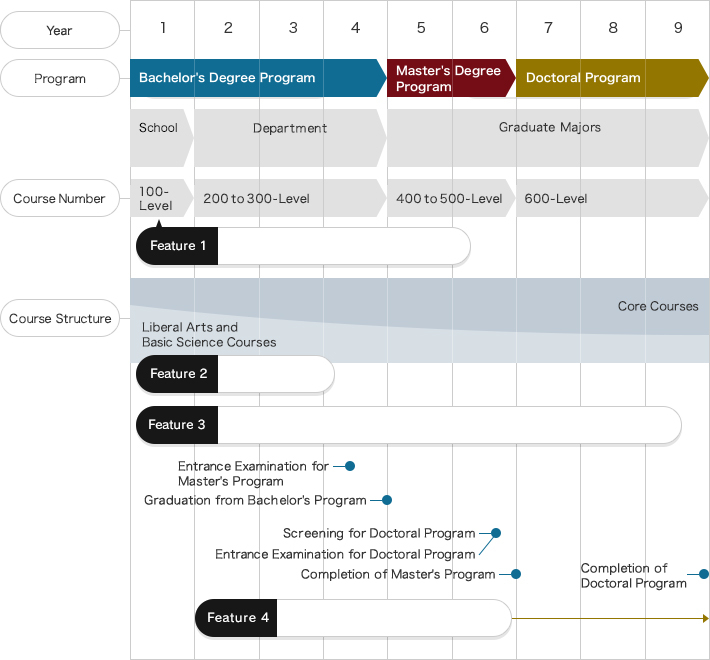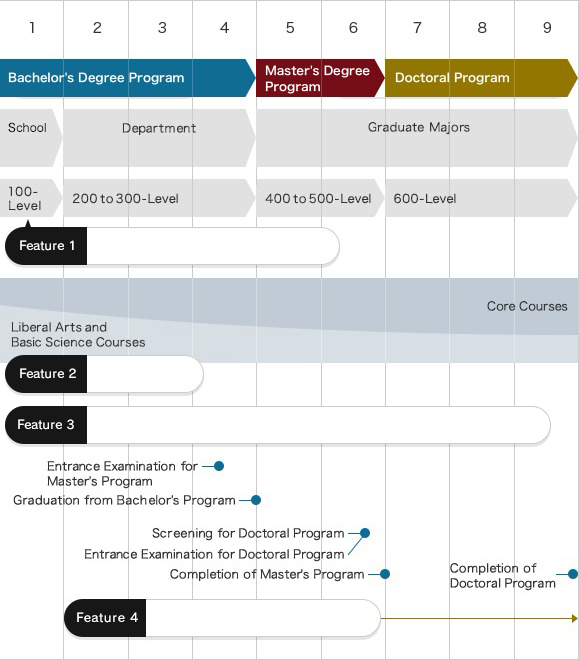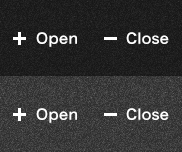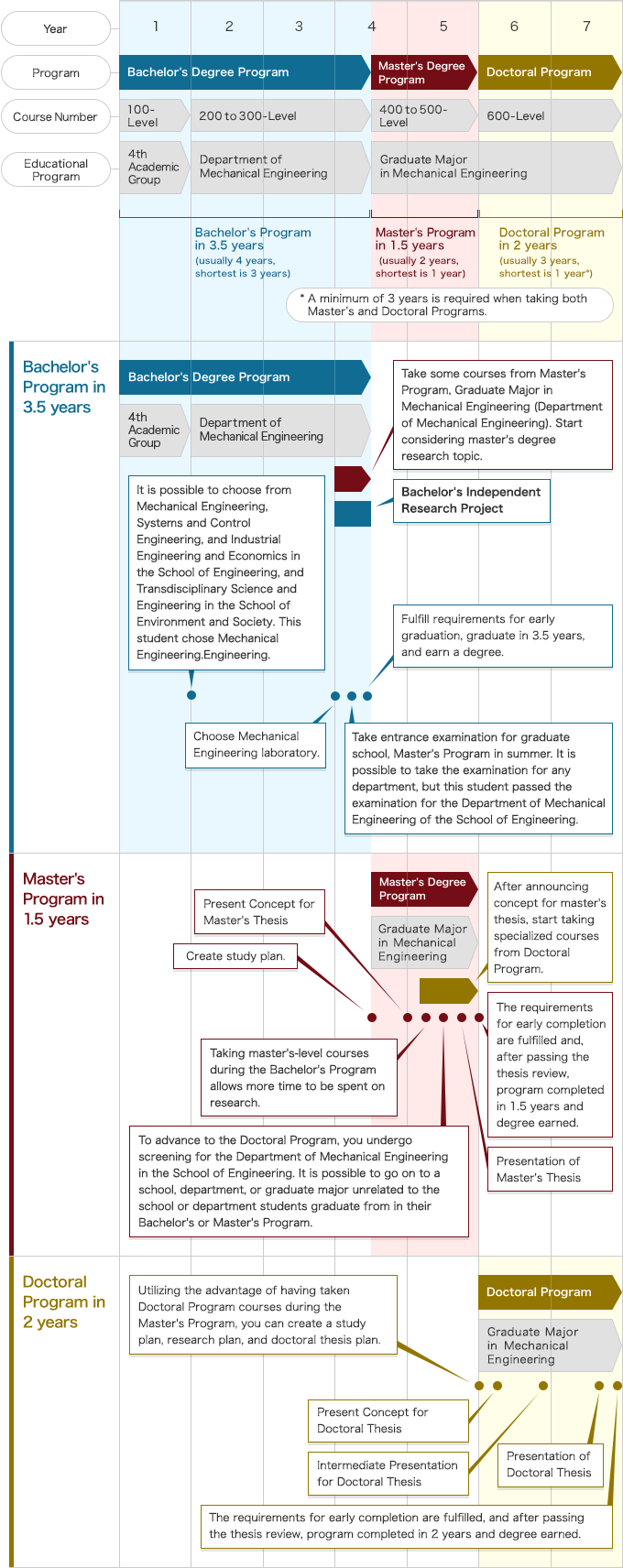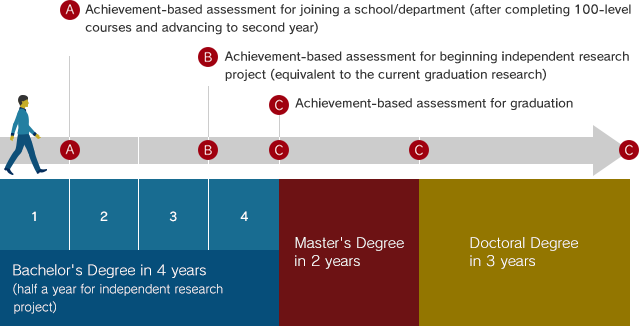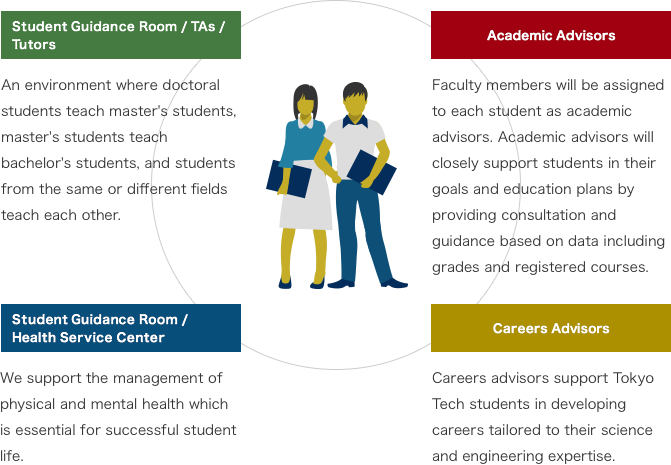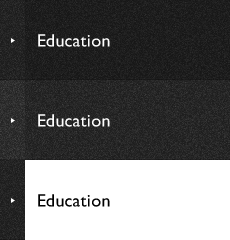Research at Tokyo Tech is rated highly not only in Japan, but around the world.
Students can learn directly from researchers conducting internationally valued research. The level of education provided in daily classes and laboratories is extremely high.
The following courses are provided in laboratories. (*indicates the year students take that course according to the standard timeline.)
Research Opportunity Courses (*third year of Bachelor's Program)
In this required course students gain research experience in multiple laboratories. Students can choose research laboratories from different campuses or fields. Students learn the content and atmosphere of each research laboratory, are taught by faculty members and graduate students of that laboratory, and gain research experience. Students can find out what research topic they wish to work on.
Bachelor's Independent Research Project (*first half of fourth year in Bachelor's Program)
In this required course (for 2 quarters) students join a laboratory, conduct research on a specific subject, and write a graduation thesis. Experiencing research at a university is the essence of this course. In laboratories there are not only faculty members, but also young graduate students in the Master's and Doctoral Programs, exchange students, postdoctoral researchers, etc., comprising diverse talent who excel at research. Experience the joy of learning while working with fellow students and exploring a research subject in a top-level environment.
Bachelor's Advanced Independent Research Project (*second half of fourth year in Bachelor's Program)
This course is taken after completing the Bachelor's Independent Research Project. Basically, students study the topic of their Bachelor's Independent Research Project in more depth, or tackle another subject in the laboratory where they conducted their Bachelor's Independent Research Project. In cases where the student has been accepted into the Master's Program, they may prepare a research subject for their Master's, advancing and expanding their research. (If graduating early, it is not necessary to take this course.)
Research Seminars (Graduate Program)
Students take Research Seminars in the Graduate Program. Research involves deeply investigating a subject and figuring out its meaning and essence. Therefore, the Research Seminar uses different approaches depending on the field or research laboratory. Under the guidance of academic supervisors, students generally read papers and participate in discussions to cultivate their knowledge relating to their own research. Students receive suggestions on their research from faculty members and acquire new perspectives through discussion with fellow students with different research topics, which enables them to pursue their research in more depth.
. Any information published on this site will be valid in relation to Science Tokyo.




